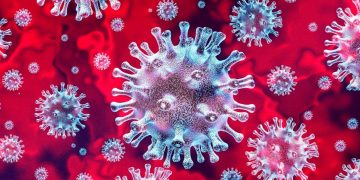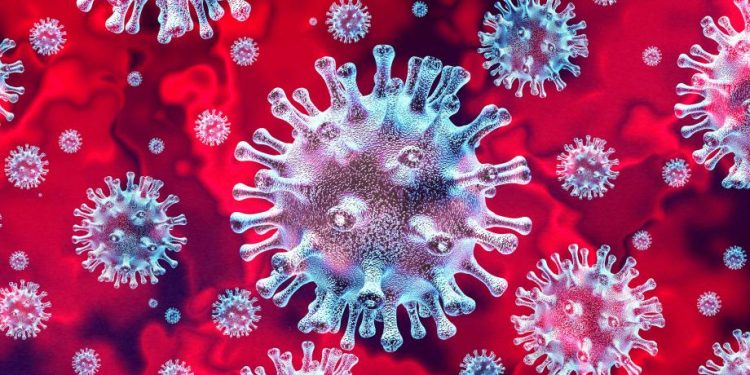The number of coronavirus related deaths in the Netherlands topped 1,300 on Thursday. Public health institute RIVM reported that another 166 people died of Covid-19, bringing the total deaths up to 1,339.
A total of 14,697 people in the Netherlands have tested positive for the coronavirus, an increase of 1,083 compared to the figures released by the RIVM on Wednesday. Another 625 Covid-19 patients were admitted to hospital, bringing the total hospitalizations to 5,784. Nearly 70,100 people have been tested for the coronavirus since the health crisis began.
As of 2:00 p.m. on Thursday, a total of 1,186 Covid-19 patients were being treated in intensive care units across the country, according to figures from foundation NICE. That is 14 more patients since the previous figures released on Thursday morning. Of the total 1,574 coronavirus patients admitted to ICU since the outbreak started, 205 have died. Dutch intensive care units have released 374 patients since March 13 after having recovered from the illness.
Excluded from the above number of occupied beds is the around 500 beds occupied by patients with other illnesses than the coronavirus. Hospitals across the country are currently scrambling to increase the total ICU beds available to 2,400, up from the 1,150 ICU beds the Netherlands has under normal circumstances. And 2,400 is really the maximum that can be done, because that is the absolute maximum of patients that can be cared for by the trained intensive care nurses in the Netherlands, Gerton Heyne of nurses’ association V&VN said to the Telegraaf.
Heyne is critical of how political parties keep calling for more ICU beds to be arranged. It is not just about getting more ventilators, it is also about the people working on the departments. Caring for 2,400 intensive care patients for 24 hours a day would normally require 14,400 nurses, V&VN said to the newspaper. The Netherlands is currently getting by with fewer than 4 thousand.
“What we are now asking from our nurses is already unorthodox,” Heyne said. “One nurse has to do four beds at the same time. That is only possible if everything functions perfectly. And even then it is fragile. Moreover, it is mentally draining because so many people die.” Quickly training more ICU nurses is not an option, because this is a very difficult job that requires intensive training.
Heyne realizes that the message that the Netherlands is already pushing the limit of how many seriously ill coronavirus patients can be cared for, with the expected peak in ICU patients still a month away, is not something people will want to hear. “But it is also important to be realistic.” Increasing the number of beds to 3 thousand or more, against all medical advice, will cause chaos. The quality of ICU care will drop and people will die as a result. “But it would also be the wrong, discouraging signal to all healthcare workers who are already on their toes. Because then you’re promising something that we cannot deliver.”
A total of four inmates in Dutch prisons or psychiatric prisons have been diagnosed with the coronavirus. They are being treated in the prison hospital in Scheveningen, the Oostvaarders clinic in Almere, and the Rooyse Wissel in Oostrum, the custodial institutions service DJI said on Thursday. Another five inmates are quarantined in their cells because they have a fever, a cough, shortness of breath, or other cold-like symptoms. The DJI extended the ‘no visitation’ measure for prisons, juvenile detention centers, and psychiatric prisons until April 28.
The Tweede Kamer, the lower house of Dutch parliament, called on the government to come up with some form of aid for Dutch people stranded abroad because of the coronavirus crisis, who are running up high costs. All parties except ruling VVD want Minister Stef Blok of Foreign Affairs to explain what can be done for these people. The Ministry of Foreign Affairs is in the process of bringing stranded Dutch home. These stranded travelers have to pay a personal contribution of 300 euros for flights inside Europe, or 900 euros for flights outside Europe, according to NOS. A parliamentary majority thinks that in certain cases, something extra should be arranged.
In the Vroondaal neighborhood of The Hague, local residents have taken to writing messages on the streets with chalk, to thank people working during this crisis and to show support for each other.


















